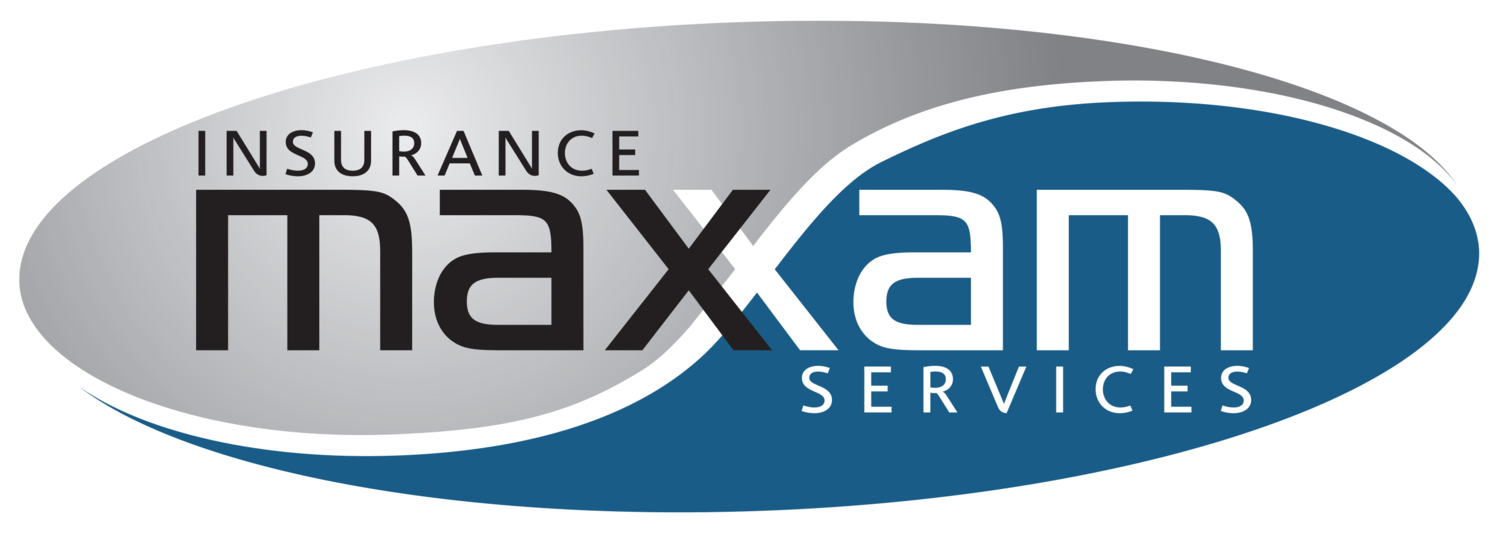Earlier this year, the provincial government announced changes to how the Provincial Sales Tax (PST) will be calculated on motor vehicles purchased through private sales or imported from outside of Canada, effective October 1, 2022.
PST on Vehicles
You must pay PST on vehicles you purchase or lease in B.C., and vehicles you purchase outside B.C. and bring into the province, unless a specific exemption applies. You must pay PST, regardless of whether the vehicle is for personal or business use, even if you are registered for PST.
PST Rates
PST rates apply as set out in the tables below. The PST rate depends on: whether the vehicle is a passenger vehicle, whether the vehicle is a zero-emission vehicle (ZEV) and when it was acquired, the value of the vehicle, and how the vehicle was acquired.
Rates are not affected by whether a vehicle is acquired in B.C. or outside B.C. but within Canada.
Note: Effective February 23, 2022, qualifying used ZEVs are STILL exempt from PST.
Documentation and Payment of PST
If you pay PST to us before registration, when you register the vehicle you will need to provide evidence that the PST was paid. Otherwise, ICBC must collect the PST from you. At the time of registration, you will be required to document the purchase price you paid for the vehicle (or the fair market value of the vehicle in the case of leases and gifts) on the vehicle transfer form. The purchase price is the total consideration accepted by the seller for the vehicle.
The government will regularly review information on the transfer of vehicles to determine that PST was paid correctly. If they are of the opinion the documented purchase price or the documented fair market value of a vehicle does not accurately reflect the fair market value of the vehicle, they may contact you or the seller to request information to support the documented purchase price or value. If you are unable to support the purchase price or fair market value claimed, you may be assessed additional PST on the vehicle.
Exemptions
If you are claiming an exemption, you may be required to provide information or documentation to support your claim. If you do not provide the required information or documentation, ICBC must collect PST from you. Specific information required to prove the exemption is identified in each of the sections below. The government may request additional documentation that supports your claim. If you are unable to provide documentation to show PST was paid or that you are entitled to an exemption, you may be eligible to apply to us for a refund of the PST if you provide the documentation to us.
New Residents
If you are a new resident to B.C. and you bring a vehicle into B.C. on or after February 19, 2014, solely for non-business use, the vehicle is exempt from PST if:
you owned the vehicle for at least 30 days before you became a resident of B.C., and
the vehicle arrives in B.C. within one year of you becoming a resident of the province.
If you became a resident of B.C. on or after March 11, 2019, the one-year deadline is extended to on or before the earlier of:
January 1, 2023, or
one year following the end of the most recent quarantine order made under the Quarantine Act (Canada).
Note: Different rules apply if the vehicle was brought into BC before February 19, 2014.
Documentation
To claim the exemption, you must provide your previous registration from another jurisdiction or bill of sale to show you owned the vehicle for at least 30 days. You may be asked to provide documentation proving the date you became a resident of B.C. (e.g. B.C. medical services plan enrolment).
Gifting Vehicles
Only one gift of a specific vehicle between related individuals is eligible for exemption in a 12-month period. PST will apply to any future gifts of that vehicle within 12 months. The only exception is if a gift vehicle is gifted back from the recipient to the donor.
A related individual is:
a person’s spouse (legally married or living for a continuous period of at least 2 years with another person in a marriage-like relationship), child, grandchild, great grandchild, parent, grandparent, great grandparent, or sibling, the spouse of a person's child, grandchild or great grandchild, or the child, parent, grandparent or great grandparent of a person's spouse.
So How Does it Work?
Example
Vehicle: 2013 Kia Rio
Kilometers: 166,111 km’s
Fair Market Value (generated from Black Book) = $5457
PST Collected at time of Registration = $654.84
Example
Customer purchases 2013 Kia Rio, valued at $5457 but physically paid the seller only $1000 due to various factors such has mechanical issues and exterior damage, the customer will need to obtain an independent appraisal and provide it to the broker at time of registration for proof.
Procedures for registering a vehicle will mostly remain the same, however, some changes are required to align with the Ministry of Finance's new PST rules outlined in this Provincial Sales Tax Notice. More specifically, starting October 1, at the time of registration when Brokers collect the PST, you will need to compare the average wholesale value (Canadian Black Book value) and the declared purchase price value with every PST transaction
For the vast majority of customers, these new rules will not change the amount of PST they are required to pay. In most cases, customers are currently paying PST on the declared purchase price, which is typically greater than the average wholesale value.
In less common situations, where a customer believes the actual value of their vehicle is less than the average wholesale value (due to various factors like excessive wear, damage, or mechanical issues), customers have the option to obtain an independent appraisal.



